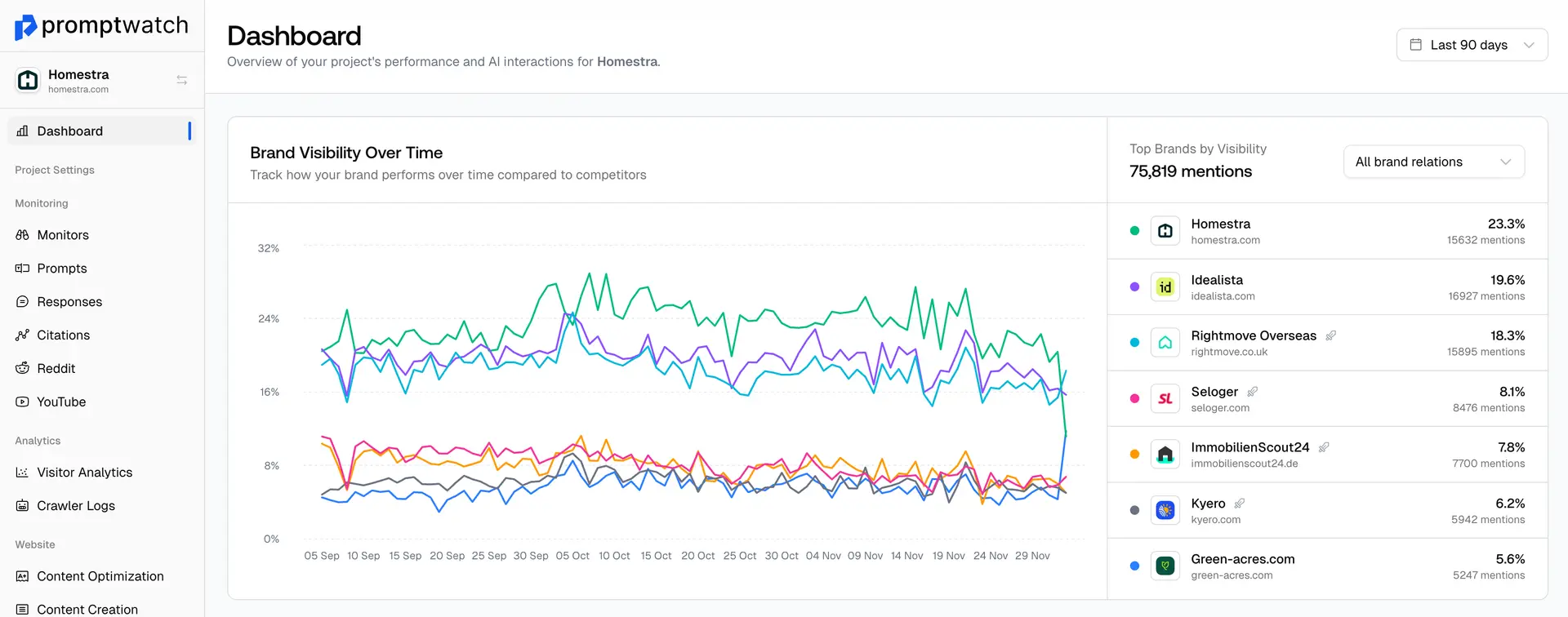Definition
Content Authority is the perceived credibility, trustworthiness, and expertise that specific pieces of content or content creators possess within their subject area. Unlike domain authority which applies to entire websites, content authority is evaluated at the individual piece or author level, focusing on factors such as author credentials, content accuracy, citation quality, user engagement, and peer recognition.
AI systems and search engines assess content authority through various signals including author bylines and bio information, citation of credible sources, fact-checking and accuracy, content depth and originality, user engagement metrics, external references and mentions, publication on reputable platforms, and regular content updates.
For AI-powered search and GEO strategies, content authority is critical because AI models preferentially cite and reference content that demonstrates clear expertise and reliability. This means businesses need to focus on establishing individual content pieces as authoritative resources through proper attribution, comprehensive research, expert insights, and ongoing maintenance.
Content authority also extends to personal branding, where subject matter experts build recognition that enhances the authority of all content they create or are associated with.
Examples of Content Authority
- A research paper by a recognized expert in machine learning that gets frequently cited by AI models when discussing ML concepts
- A comprehensive product review by a technology journalist with established credibility, leading to citations in AI-generated buying guides
- A medical article written by board-certified doctors and peer-reviewed, becoming a preferred source for AI health-related responses
